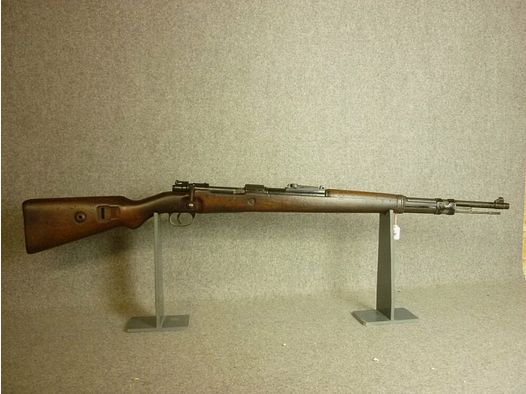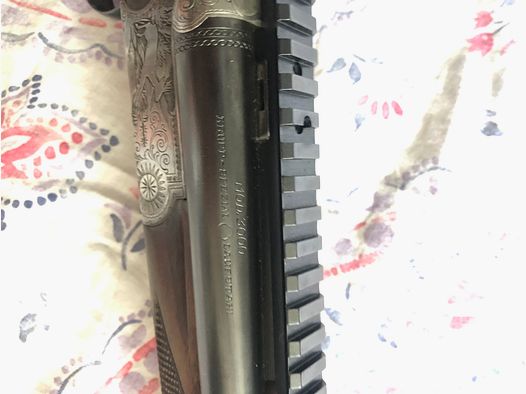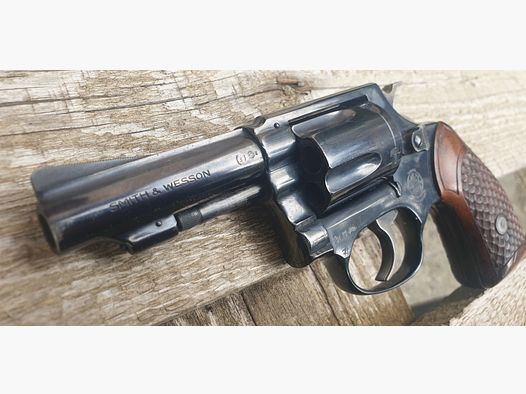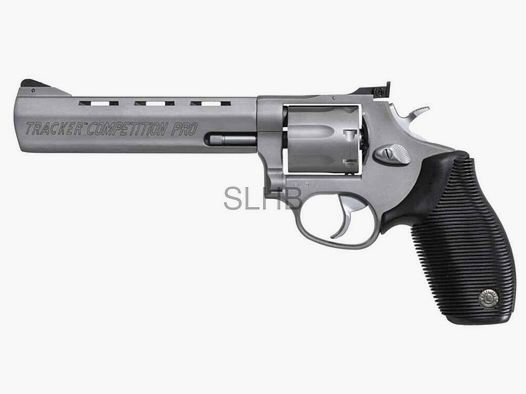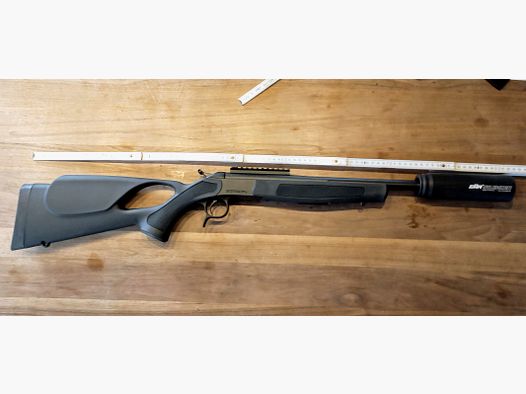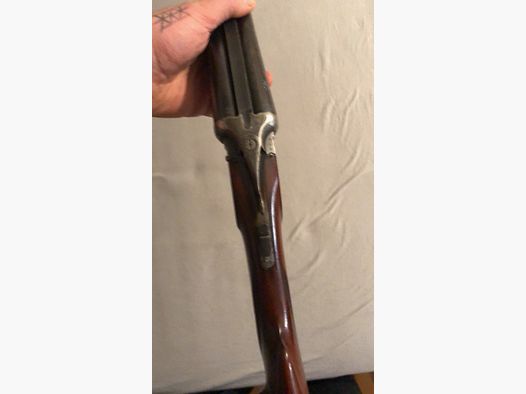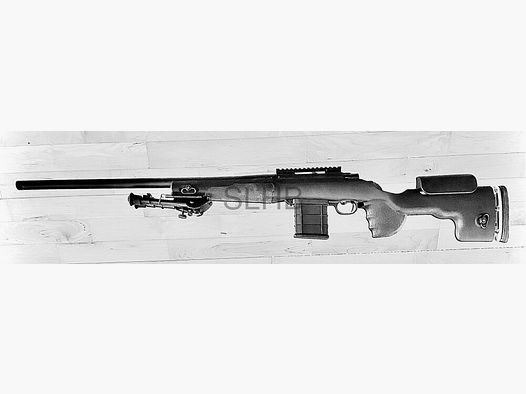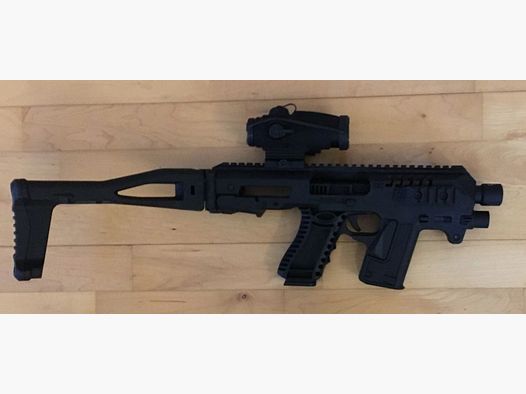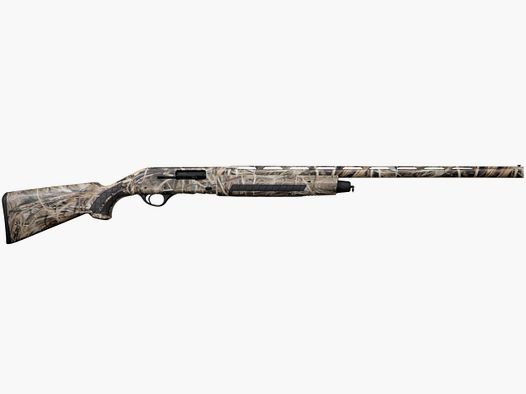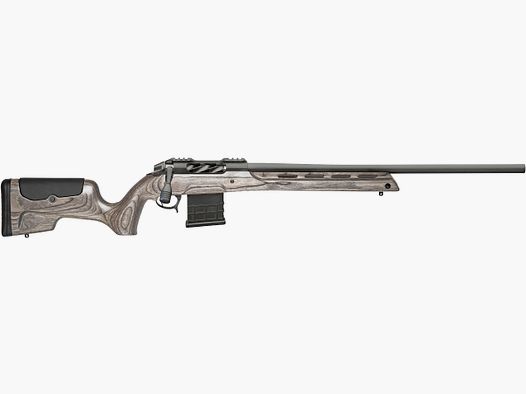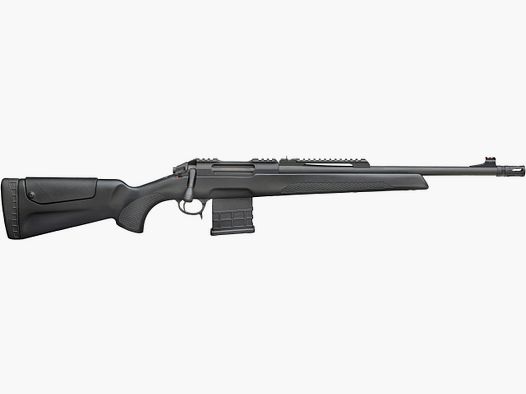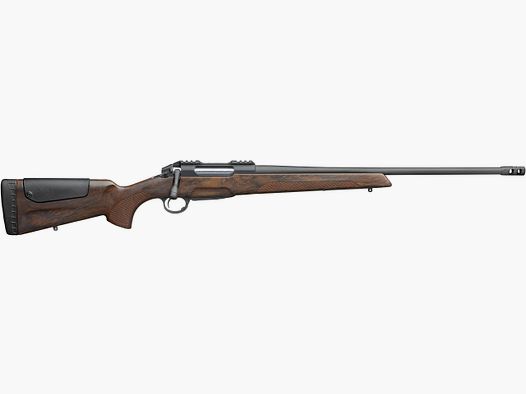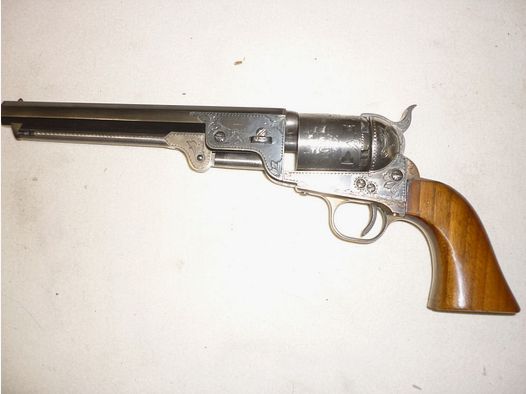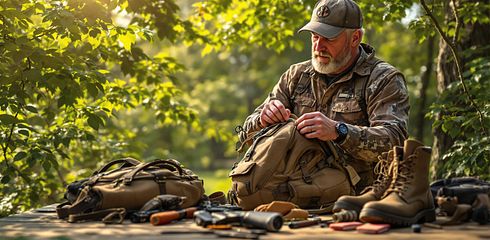Hunting in New Zealand offers great opportunities but requires thorough preparation and the right permits. Here are the key details at a glance:
- Firearms License: Apply for the Visitor Firearms License at least 1 month before your trip.
- DOC Permits: Necessary for hunting on public land (free or with fees depending on the area).
- Game Bird License: Available from March 13, 2025, with the season starting on April 6, 2025.
-
Hunting Seasons:
- Tahr: April 1 – July 31, 2025
- Game Birds: May – July 2025
- Red Deer: March – July 2025
-
Costs:
- Firearms License: approx. 25 NZD (14 €)
- Game Bird License: 113 NZD (65 €)
- Guided Tahr Hunt: approx. 10,800 €
Tip: Firearms can also be rented on-site, reducing the hassle. Plan at least 4 months in advance to obtain all permits in time. Violations of regulations can result in heavy fines and penalties.
Prepare Wild Goulash or Wild Stew Easily and Deliciously. Recipe
Basic License Requirements
To hunt legally in New Zealand, you need three important permits. Here’s what licenses are required and how to apply for them.
New Zealand Firearms License
To apply for this license, you need:
- An online application submitted at least 30 days before your departure.
- Your German hunting license as proof.
- A current police clearance certificate.
- Your passport and a travel itinerary describing your duration of stay and locations in New Zealand.
DOC Hunting Permits
Hunting on public land in New Zealand requires a permit from the Department of Conservation (DOC). There are different types of areas, each with its own rules:
| Area Type | Description | Special Features |
|---|---|---|
| Open Areas | Public areas | Free permit |
| Restricted Areas | Restricted areas | Additional conditions and regulations |
| Private Land | Private properties | Owner's consent required |
For the 2025 hunting season, an impressive 660,000 hectares of hunting land are available.
Game Bird License
This license is specifically required for hunting game birds. Note the following details:
- Licenses will be available from March 13, 2025.
- The season starts on the first weekend of May 2025.
- Bag limits may vary by region, so you should inform yourself in advance.
Practical Tip: Many providers organize complete packages that cover all necessary permits. This is especially helpful if you are hunting in New Zealand for the first time.
If you do not want to bring your own firearm, there is also the option to rent hunting firearms on-site.
How to Apply for the Licenses
Application for the Visitor Firearms License
Plan to submit your Visitor Firearms License application at least four months before your trip, as processing takes about 30 days.
Here’s how the application works:
- Early Planning: Start the application at least four months before your departure.
- Online Registration: Register through the New Zealand Police website. Often, your hunting provider will assist you with this step.
- Required Documents: You will need a valid passport, your German hunting license, a travel itinerary, and confirmation from your New Zealand hunting provider.
Note: The application fee ranges from 25 to 50 NZD (about 15–30 €).
Once you have received the Firearms License, you can proceed to the next step, the DOC permits.
Apply for the DOC Permits
The application for the Department of Conservation (DOC) permits is done online. Typically, the process goes as follows:
| Application Step | Time Frame | Special Features |
|---|---|---|
| Online Registration | Immediate | Free for most areas |
| Area Selection | 1–3 business days | Depends on availability |
| Permit Receipt | Digital | You will receive the permit via email |
Te Urewera Permits
For hunting in the Te Urewera area, there is a separate procedure you need to follow:
- Online Application: Submit your application directly to the Te Urewera Board.
- Additional Documents: You will need your Visitor Firearms License and proof of your knowledge of local regulations.
- Limited Availability: Early planning is crucial, especially in this area.
Documents and Equipment List
Required Documents
Here are the key documents you need for your hunting trip to New Zealand:
-
General Travel Documents
- A valid passport (no separate visa is required for stays of up to three months).
-
Hunting-Specific Documents
- German hunting license (as mentioned).
- New Zealand Visitor Firearms License.
- Permits from the Department of Conservation (DOC) for specific hunting areas.
- Written confirmation from the hunting provider.
- For bird hunting: an additional Game Bird License.
After reviewing your documents, you should familiarize yourself with the safety and storage regulations for firearms.
Equipment Regulations
New Zealand places great importance on strict rules for the handling and storage of hunting firearms. Here’s an overview:
| Equipment Area | Regulations | Special Features |
|---|---|---|
| Firearm Storage | Separate from ammunition | Locked containers are mandatory |
| Ammunition Transport | In separate, secured containers | Documentation required |
| Firearm Documentation | Serial number and details | Must be presented upon entry |
Safety Guidelines:
- Firearms must be unloaded and transported separately from ammunition in locked containers.
- All serial numbers of carried firearms must be fully documented.
Bring Your Own Equipment or Rent On-Site?
The choice between bringing your own equipment and renting depends on various factors. Here’s a comparison:
Bringing Your Own Equipment
- Advantages: You are familiar with your own firearm, eliminating the need for an adjustment period.
- Disadvantages: Additional administrative effort and transport costs.
- Costs: Transport fees vary by airline.
Renting Equipment On-Site
- Advantages: Easier entry and no worries about transport.
- Disadvantages: You have to get used to a foreign firearm.
- Costs: Rental prices range from about 50–150 NZ$ per day.
Practical Tip: If your hunting stay is less than a week, renting on-site is often the simpler option. However, for longer stays, it may be worth bringing your own equipment.
You can check platforms like Gunfinder in advance for available rental equipment and their prices to make the best decision.
Costs and Fees
The hunting costs in New Zealand consist of various items, including licenses, permits, and species-specific harvest fees.
License and Permit Fees
Here are the costs for necessary licenses and permits:
- Temporary Firearms License (Visitor Firearms License): 25 NZ$ (about 14 €)
- DOC Hunting Permit: 0–35 NZ$ (approx. 0–20 €), depending on the hunting area
- Game Bird License 2025: 113 NZ$ (around 65 €)
Species-Specific Harvest Fees
The fees vary depending on the species. Some providers offer refunds in case of failure:
| Species | Harvest Fee | Refund in Case of Failure |
|---|---|---|
| Tahr | 10,800 € | 1,800 € |
| Chamois | 8,100 € + 69 € per animal | By arrangement |
| Red Deer | 2,880 € per stag | By arrangement |
Guide Service Prices
The costs for guiding depend on the level of support:
| Support | Chamois Hunt | Tahr Hunt |
|---|---|---|
| 1:1 (one guide per hunter) | 9,300 € | 10,800 € |
| 2:1 (one guide for two hunters) | 8,100 € | On request |
A typical hunting package for 5–6 days includes:
- Accommodation with full board (excluding drinks)
- Professional stalking guidance
- Basic hunting licenses
- Organization of individual hunts
Additional Costs
In addition to the standard fees, you should also plan for the following expenses:
- Firearm Rental: 50–100 € per day
- Trophy Preparation: 300–900 €
- Ammunition: Costs vary depending on usage
- Trophy Measurement: Charged based on effort
- International Credit Card: Recommended for payments
The prices are based on the exchange rate from May 2025 (1 NZ$ = 0.56 €). These fees play a crucial role in choosing the right hunting package and equipment. Plan carefully to avoid unexpected additional costs or penalties.
Rules and Local Guidelines
In addition to the requirements for licenses and equipment, there are other important rules and local regulations in New Zealand that you need to know to hunt safely and legally.
Legally Permitted Game Species
In New Zealand, it is clearly regulated which game species may be hunted. For German hunters, the following species may be particularly interesting:
| Game Species | Hunting Season (2025) | Special Regulations |
|---|---|---|
| Tahr | February 15 – July 31 | A DOC permit is often required on state land |
| Chamois | February 15 – July 31 | Fee on state land: approx. 115 NZ$ per animal |
| Red Deer | February 15 – July 31 | A harvest fee usually applies on private land (e.g., approx. 4,800 NZ$ per animal) |
| Waterfowl | May – July | A Game Bird License is required |
The hunting seasons may vary slightly depending on the species and region. Be sure to check the exact regulations in advance.
Firearm Safety Regulations
The firearm laws in New Zealand are strict and clearly defined. Here are some important points:
- Always treat every firearm as if it is loaded.
- Firearms must be securely stored – in locked containers and separate from ammunition.
- Use a gun safe or a similarly secure storage location.
- You must always carry your Visitor Firearms License with you.
In addition to these safety regulations, you should also respect the cultural peculiarities of the country.
Māori Land Regulations
In certain regions of New Zealand, cultural norms are just as important as legal requirements. Especially on Māori land, special rules apply:
- Permits: In addition to the usual hunting licenses, you often need personal permission from the local iwi (tribal group).
- Cultural Protocols: Respect sacred sites (tapu). A traditional welcoming ceremony (pōwhiri) may take place before hunting.
-
Practical Rules:
- Avoid clearly marked cultural sites.
- Share a portion of your catch as a sign of respect.
- Follow the instructions of the Māori landowners.
For the 2025 hunting season, particularly strict regulations apply. Violations can have serious consequences – with fines of up to 100,000 NZ$ or even prison sentences of up to two years.
sbb-itb-1cfd233
Advice for German Hunters
The Best Hunting Times
The 2025 hunting season in New Zealand offers excellent conditions for German hunters from April to August. April is particularly interesting as it coincides with the rutting season of red deer – ideal for combining hunting with the German Easter holidays.
| Game Species | Optimal Hunting Time | Special Features |
|---|---|---|
| Red Deer | April to August | Rutting season in April |
| Tahr | May to July | Perfect for trophy hunting |
| Chamois | May to July | Peak season for chamois hunting |
In addition to choosing the right time, having the appropriate equipment is also crucial.
Equipment List
If you want to hunt successfully in New Zealand, you should be well prepared. Here’s an overview of the most important items:
Basic Equipment:
- Weatherproof hunting clothing for changeable weather
- Sturdy, non-slip hiking boots
- A high-quality binocular (min. 10x42)
- Rangefinder for precise shots
Firearms and Optics:
Importing firearms can be cumbersome, so it often makes sense to rent on-site. Popular calibers for hunting in New Zealand include:
- .308 Winchester
- .30-06 Springfield
- 7mm Remington Magnum
Even if you can bring your own equipment from Germany, many providers in New Zealand offer high-quality rental equipment, making transport easier and often more practical. For more options, check out Gunfinder.
Units of Measurement and Conversions
An important point for German hunters is the units of measurement in New Zealand, as both metric and imperial units are used. Here’s an overview to help you with conversions:
| Imperial Unit | Metric Conversion |
|---|---|
| 1 Yard | 0.91 Meters |
| 100 Yards | 91.44 Meters |
| 1 Pound | 0.45 Kilograms |
| 1 Inch | 2.54 Centimeters |
Practical Tips for Trophy Measurement:
- Trophy sizes are often given in inches.
- Weights during game processing are measured in kilograms.
- Shooting distances are usually measured in meters.
For the 2025 hunting season: Plan your trip at least one month in advance and prepare for the different units of measurement. Thorough preparation ensures you get the most out of your hunting experience in New Zealand.
Penalties and Fines
Fines for Hunting Violations
In New Zealand, hunting violations are strictly punished. Here are the most common violations and their consequences:
- Hunting without a valid license: This is severely punished and can lead to the permanent revocation of hunting rights in the worst case.
- Illegal hunting of protected species: Fines of up to 60,000 € and prison sentences of up to 2 years are possible.
- Violations of firearm laws: Hunting without a valid license or improperly transporting firearms can result in fines of up to 9,000 € and prison sentences of up to 3 years.
- Environmental violations: Severe pollution can lead to fines of up to 60,000 €.
In the next section, you will learn more about penalties for violations of DOC permits.
Penalties for Violations of DOC Permits
Those who violate the regulations of the Department of Conservation (DOC) can expect the following consequences:
- Hunting outside approved areas: Fines between 3,000 € and 6,000 €.
- Exceeding bag limits: A fine of 3,000 € per illegally taken animal.
- Disregarding safety regulations: Violations can lead to fines of up to 6,000 €.
On Māori territories, violations can lead to permanent hunting bans and cultural sanctions in addition to fines.
These regulations highlight the importance of adhering to all hunting regulations. Ensure that you apply for all necessary permits at least one month before your hunting trip, and always consult a local hunting provider if in doubt.
Both the general hunting laws and the DOC regulations make it clear: Thorough preparation and strict adherence to regulations are key to a successful and worry-free hunt in New Zealand.
Summary
For a hunting trip to New Zealand, careful planning and adherence to legal requirements are crucial.
| Document | Purpose | Application Deadline |
|---|---|---|
| Visitor Firearms License | Bringing your own firearms | At least 1 month before departure |
| DOC Permit | Hunting on public land | Apply in good time |
| Game Bird License | Hunting game birds | From March 13, 2025 |
Alternatively, you can rent firearms on-site to reduce administrative effort.
Important Dates 2025:
- Tahr Rut: May to July
- Red Deer Rut: Mid-March to April
Costs vary depending on the species and region: A guided Tahr hunt costs about 10,800 €, while a chamois hunt is around 9,300 €, plus harvest fees. German citizens can enter visa-free for up to three months.
Important Note: Violations of hunting laws can result in heavy fines or even prison sentences. Therefore, being accompanied by experienced guides is strongly recommended.
Essential Equipment:
- A binocular with at least 10x magnification
- Weatherproof clothing suitable for alpine conditions
- Sturdy hiking boots with good ankle support
Hunting in New Zealand offers extraordinary experiences. The key to success lies in thorough preparation and respect for local regulations.
FAQs
What are the requirements for applying for a Visitor Firearms License in New Zealand?
Requirements for Applying for a Visitor Firearms License in New Zealand
If you want to apply for a Visitor Firearms License in New Zealand, there are some basic conditions you must meet. Generally, this includes proof that you are authorized to possess and use firearms in your home country. Additionally, you need a valid passport. In some cases, an invitation letter from a New Zealand hunting organizer or host may also be required.
The exact requirements may vary depending on individual circumstances. Therefore, it is important to check with the relevant New Zealand authorities about the current regulations in advance. Allow sufficient time for the application, as processing can take several weeks. Don’t forget that fees apply, which must be paid in New Zealand dollars (NZD).
What is the difference between hunting on public and private land in New Zealand?
In New Zealand, there are clear differences when it comes to hunting on public or private land.
On public land, such as national parks or state-managed forests, a special hunting permit is usually required. This is issued by the relevant authorities. Often, strict regulations apply to protect nature and wildlife. It is important to familiarize yourself with these rules before heading out.
Hunting on private land, on the other hand, requires the explicit consent of the landowner. Conditions may vary depending on the property, so you should always coordinate with the owner in advance.
Whether you want to hunt on public or private land, make sure you have all the necessary licenses and permits to be legally covered.
What additional costs should you plan for a hunting trip to New Zealand, aside from the license fees?
Additional Costs for a Hunting Trip to New Zealand
In addition to the license fees, there may be further expenses during your hunting trip to New Zealand. Here are some points you should include in your planning:
- Accommodation: Prices can vary widely depending on whether you prefer a simple lodge or a luxurious accommodation. Location also plays a role.
- Transport: Consider the costs for flights, rental cars, or local transfers. These can vary depending on the time of travel and provider.
- Meals: Whether you self-cater or eat in restaurants, costs depend on your personal preferences.
- Equipment: If you need special hunting equipment, additional expenses may arise here.
- Hunting Guide: In some regions or for certain game species, it is advisable or even necessary to hire an experienced guide.
It is worthwhile to carefully plan your budget in advance. Inform yourself about the exact requirements and prices to avoid unpleasant surprises during your trip.



